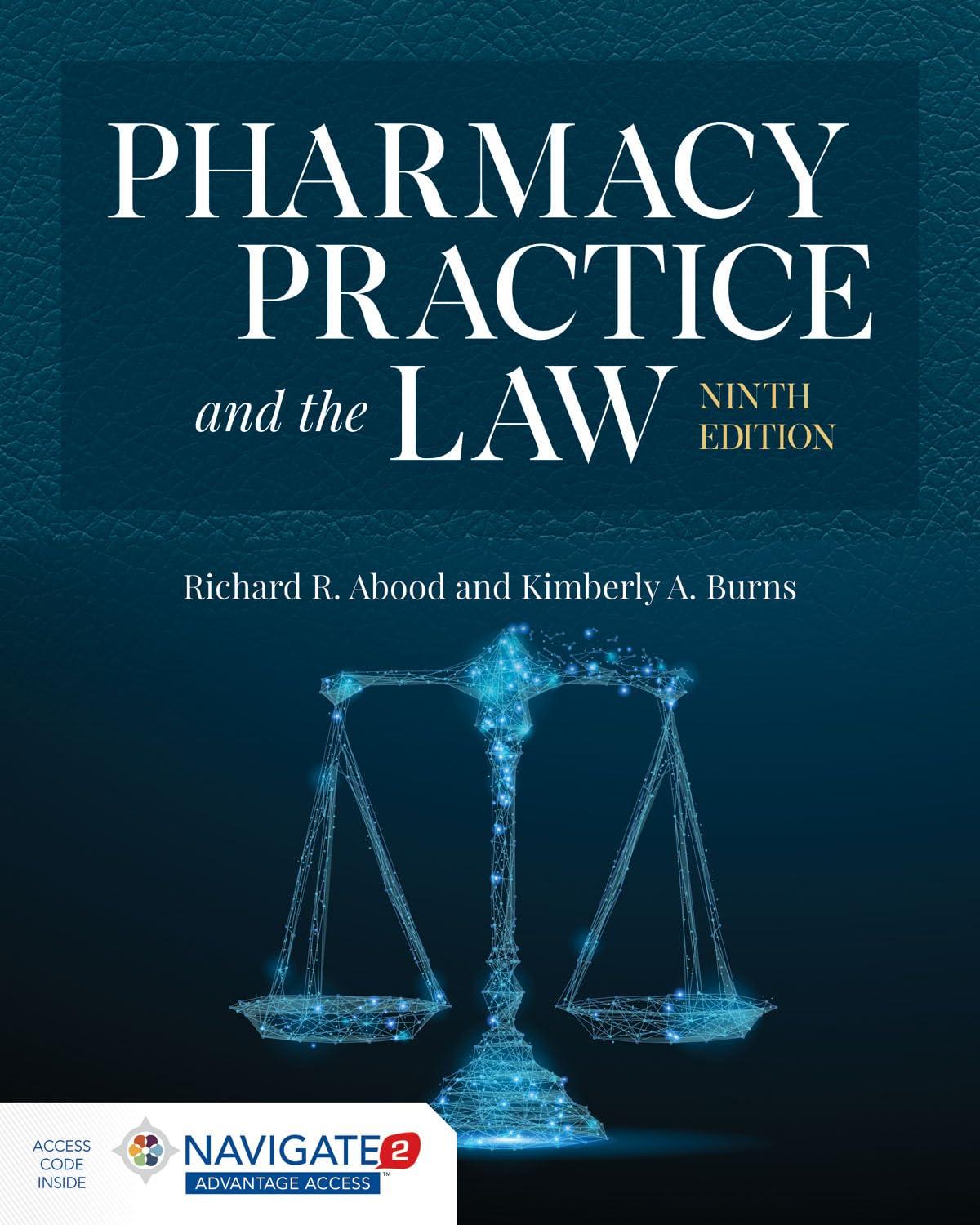Like the Nutrilab case, this is a case in which a product becomes a drug on the
Question:
Like the Nutrilab case, this is a case in which a product becomes a drug on the basis of the intended use of the product by the sellers. Unlike Nutrilab, the defendants in this case committed a felony by allowing greed to blind their regard for public safety. Fortunately, a case like Hiland does not occur often. Note that this case highlights the fact that individual officers can be held individually accountable for their actions under the FDCA. As you read this case, consider when a violation of the FDCA evolves from a misdemeanor to a felony.
Because many infants were killed or seriously injured by the defendants’ vitamin E product, E-Ferol, this case often is mentioned as a reason why the FDA should have more, not less, authority over dietary supplements.
As you read this case, ask yourself when does one intentionally violate the law as opposed to unintentionally violate the law, and what is the difference in consequences?
About the time E-Ferol was being distributed, had the FDA allowed other unapproved drugs to be marketed? If so, on what basis, and why was this not a valid defense in this case?
Also consider whether E-Ferol would be considered a dietary supplement today under DSHEA. Is there any way to prevent situations like this from occurring in the future?
Are the penalties imposed on the defendants under the FDCA severe enough in light of the consequences of their crime?
Step by Step Answer:

Pharmacy Practice And The Law
ISBN: 9781284154979
9th Edition
Authors: Richard R. Abood, Kimberly A. Burns





